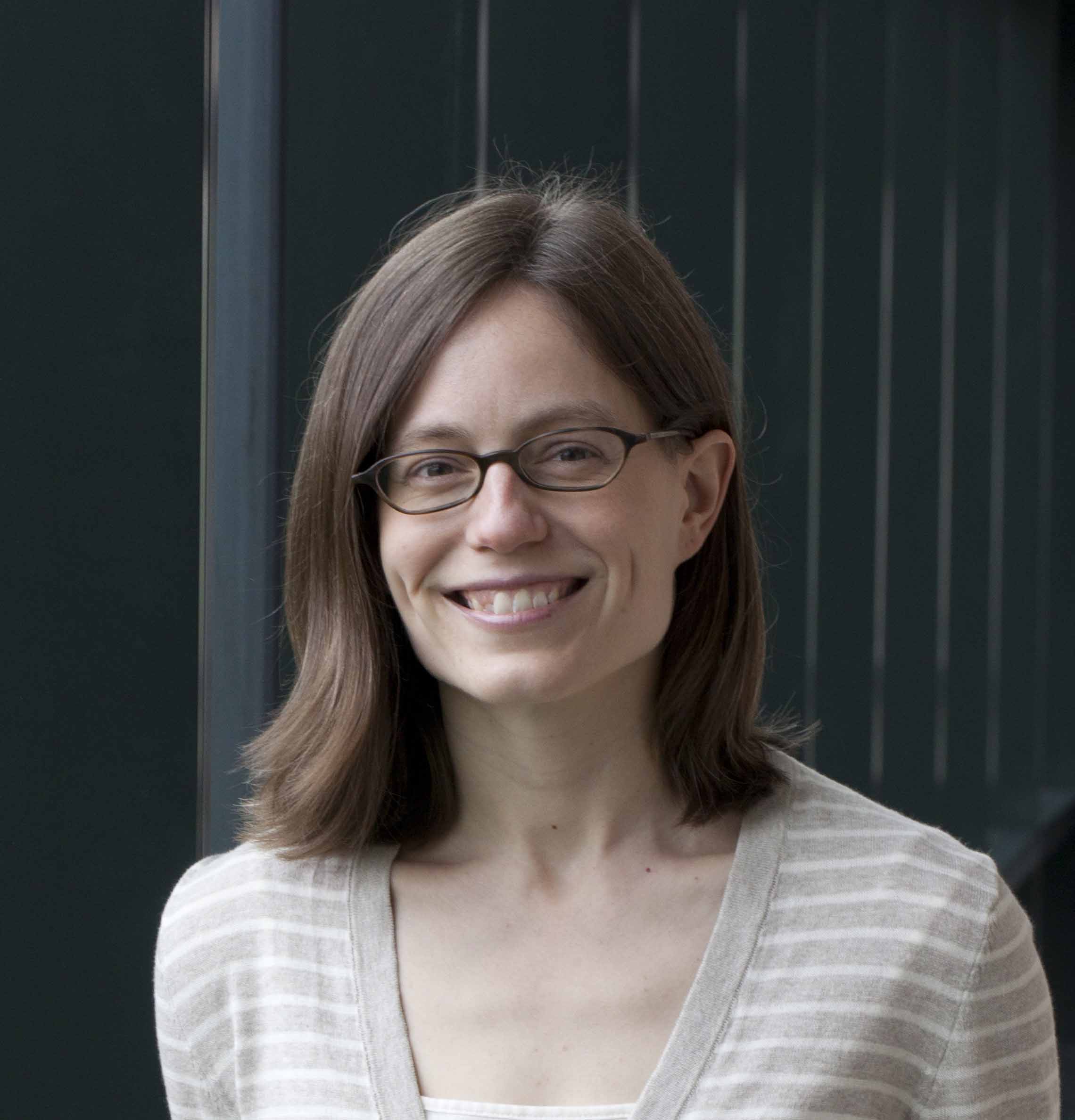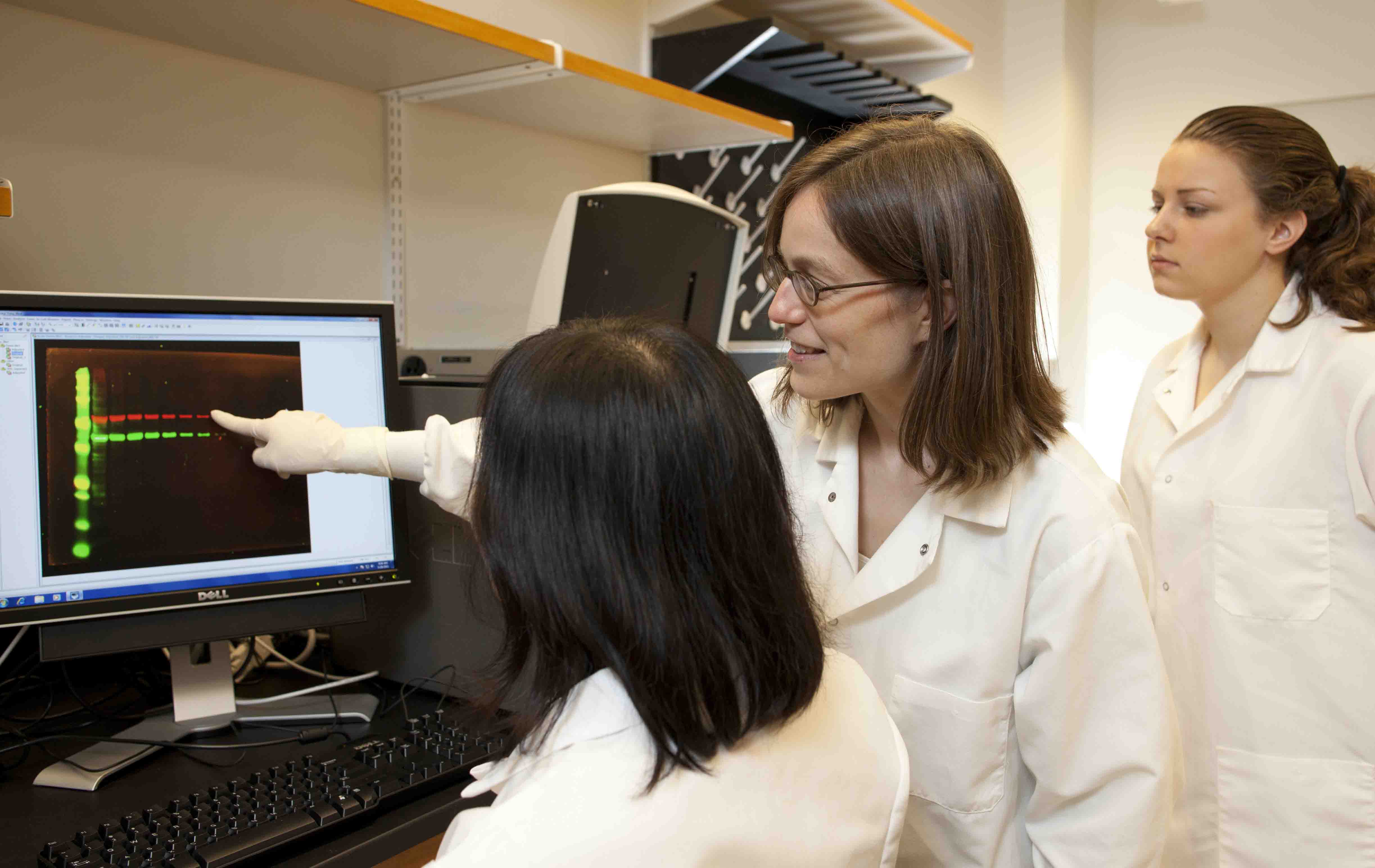Kathryn Miller-Jensen Receives 2015 NSF CAREER Award

Kathryn Miller-Jensen, assistant professor of biomedical engineering and molecular, cellular, & developmental biology, has been selected to receive a 2015 Faculty Early Career Development (CAREER) Award for her project, “Reverse Engineering the Inflammatory Signaling Network from Single-Cell Data.” Providing $500,000 in funding to researchers who exemplify the role of teacher-scholars, the CAREER Award is the NSF’s most prestigious award for junior faculty.

Miller-Jensen’s project will examine why genetically identical macrophages — the first responders in the immune system — vary in how strongly they respond to the presence of pathogens by secreting pro-inflammatory “danger signals.” Using state-of-the-art experimental tools for single-cell analysis, Miller-Jensen will identify the sources of heterogeneity from transcription to secretion of proteins used for intracellular communication. These experiments will then form the basis of a mathematical model of signaling, cytokine secretion, and diffusion fit to single-cell data to make predictions about emergent population behavior.
“We think it’s good that immune cells have a range of inflammatory responses. In fact strong responses from too many cells at once can be indicative of disease states like autoimmune disorders,” said Miller-Jensen. “Right now, those kinds of dysregulated responses are thought to be all cells overresponding, whereas it’s possible that just a few cells are overresponding and changing the entire system by secreting too much or too little of a protein.”

The results, said Miller-Jensen, will have significant implications for immunology and cancer, and may suggest improved strategies for specifically modulating the innate immune response to treat inflammatory diseases.
The CAREER project builds on Miller-Jensen’s work on intracellular communications in the immune system, including the application of quantitative, systems-level approaches to the signaling aspects of viral infection. Her lab has also examined how proteins expressed in early-stage HIV infections establish a pathogenic state in cells of the immune system, and how latent HIV can be reactivated to purge chronic infections.
Complementing this research, the CAREER Award will also enable Miller-Jensen to further her collaboration with Yale's Pathways to Science program — a partnership with the city of New Haven that enables middle and high school students to explore cutting-edge advances in science at Yale University — through a microfluidics module to teaches basic concepts in biology, immunology, and engineering.
"Microfluidic tools like the ones used in this research not only enable discovery of new biological mechanisms, but also provide fun and tangible ways to learn foundational skills in biology and engineering," she said. "Such hands-on approaches are critical to recruit and retain a more diverse group of science, technology, engineering, and mathematics (STEM) college graduates."

